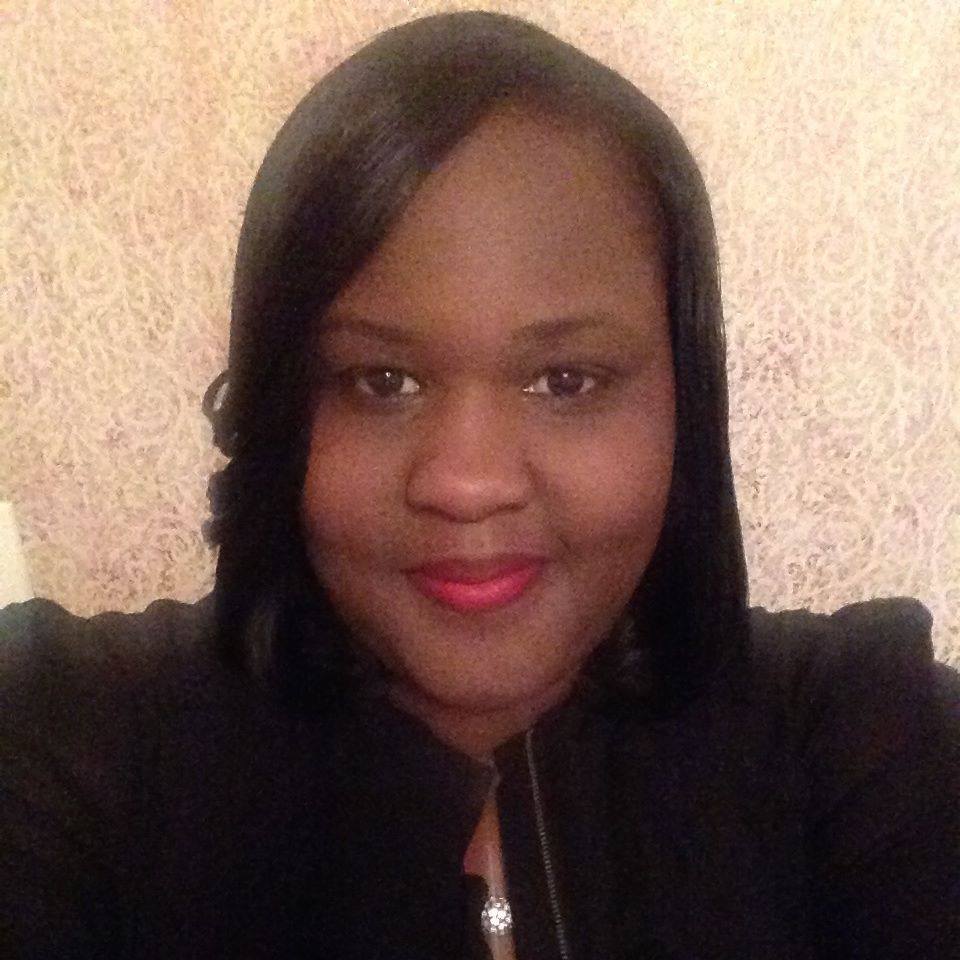 February 2017 Member Spotlight February 2017 Member Spotlight
 Name: Alicia Rhymes Name: Alicia Rhymes
Institution: City of Hope National Medical Center
Position: Assistant Director, Donor Engagement and Communications
ADRP member for 7 months
How long have you worked in donor relations/stewardship and how did you get involved in this profession?
I have had the distinct pleasure of working in stewardship for seven months. The opportunity to transition from coordinating special events to donor relations occurred after I learned of an opening in the department. I was excited about this potential career move, because it would enable me to return to a passion and fulfill my dream of making a living as a writer. It would also allow me to further develop my writing skills.
My special events background provided insight into how donors like to be acknowledged and I knew it would be useful in this new role.
What do you like most about being a member of the ADRP?
I attended my first ADRP conference in September 2016 and it was great to share ideas with colleagues, hear how other organizations run their shops, and learn best practices by other healthcare organizations, like the Mayo Clinic.
I must say I truly like the ADRP’s listserv. It’s great to see that peers are willing to be vulnerable and ask questions, and that members are eager to help one another. I love to see when members share the responses they have received from other members.
What is your greatest donor relations/stewardship achievement?
My greatest achievement to-date is learning how to craft meaningful and thoughtful acknowledgment letters that meet the needs of leadership, major gift officers, fundraisers, and, most importantly, our donors.
I must also add another achievement: As part of working for City of Hope, I request physician research updates, so they can be translated into laymen’s terms. I am proud that the time it takes for me to understand medical terminology is now significantly reduced.
What is the most important professional goal you are currently pursuing, i.e., attaining a degree, preparing to give a presentation, launching an initiative at work or in your community, etc.?
My most important professional goal at this time is to further develop my knowledge of our fundraising database. I want to learn all of its functionalities and how it can better serve the department’s needs, specifically, when it comes to pulling mailing lists.
Outside of work, my other goal is to continue mentoring high school students and teaching them how to write their personal statements for college applications.
How big a role does the use of social media play in your work?
Social media currently does not play a big role in my work. I am hoping this will change soon. As a medical institution, we have HIPPA regulations that prevent us from utilizing social media in the way that colleges and universities use it. I do have an idea to develop a social media campaign that allows current and former patients to opt in and share stories about their experiences, and the quality of care they have received. I am sure there are patients who do this already, but the opportunity to catalogue them will be most helpful as our office looks to increase our number of major gifts prospects.
Is there a resource, i.e., book, blog, website, etc., that you would recommend to other ADRP members?
I recommend The Four Pillars of Donor Relations by Lynne Wester for all new donor relations/stewardship professionals. It was the first book I read that provided me with a roadmap of how successful shops are run. I would also venture to say that this is a book seasoned professionals should read as well, because it will surely spark new ideas.
What is the best piece of professional advice you have ever received?
The best professional advice I received was “not to take feedback so personally.” Being someone who is sensitive by nature, this bit of advice was both harsh and helpful. As a writer, and someone who strives to produce quality work, taking criticism can sometimes be difficult. I have learned that by removing emotion from the conversation, I am able to truly absorb and understand the feedback. I also realized that for someone to take the time to correct me, shows they care and for that I can only be grateful.
Are there any particular stories, insights, etc., from your experiences in donor relations and stewardship that you would like to share with our colleagues?
As a newcomer, I would want to share with colleagues to never stop thinking outside of the box. As technology changes, so do the ways donors like to be acknowledged. We have to be willing to adapt to unique ways of saying “thanks.” If we stay fresh and current, donors will truly feel appreciated and be more likely to give to our institutions – donor retention is our goal!
If you would be interested in being featured in this column or have someone you would like to suggest, please contact Dianne Dyslin, Member Spotlight editor.

Back to the February 2017 Hub
|